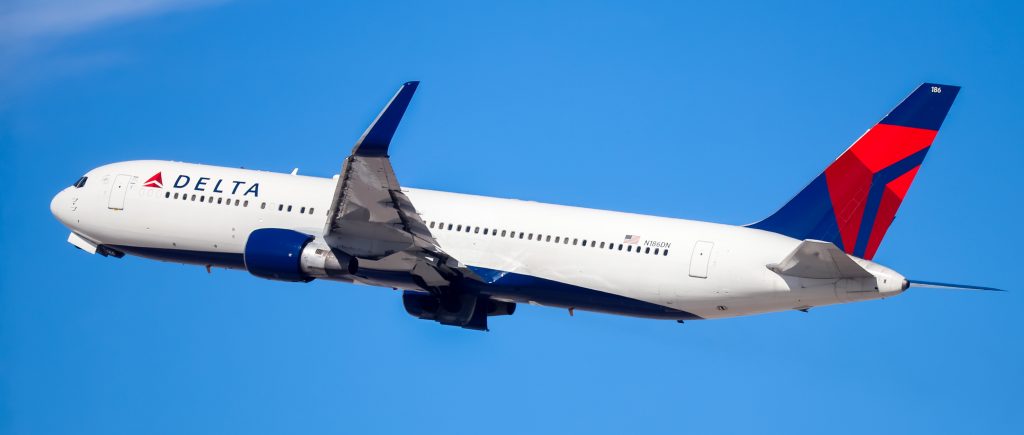Delta Air Lines (NYSE: DAL) shares climbed nearly 6% after the carrier delivered better-than-expected third-quarter earnings and raised its full-year guidance, driven by resilient travel demand and effective cost management.
Earnings Beat and Revenue Growth
For the September quarter, Delta reported adjusted EPS of $1.71, surpassing analyst estimates of $1.53 by 18 cents.
Revenue came in at $15.2 billion, exceeding expectations of $15.04 billion and marking a 4.1% year-on-year increase.
The airline cited broad-based strength across its business segments, highlighting robust leisure and business travel trends.
Upgraded Outlook
Delta now expects full-year adjusted earnings of around $6.00 per share, topping consensus forecasts of $5.77, and landing in the upper half of its prior range.
The company also reaffirmed its free cash flow guidance of $3.5–$4 billion for 2025, aligning with long-term financial targets.
For the December quarter, Delta projects:
- Operating margins: between 10.5% and 12%
- EPS: between $1.60 and $1.90
- Revenue growth: 2%–4% YoY
Strong Revenue Drivers
Premium cabin and loyalty revenues were both up 9% YoY, with American Express remuneration reaching $2 billion, a 12% annual increase.
Corporate travel also showed continued recovery, rising 8% compared to last year.
Delta’s diverse revenue mix — spanning premium travel, loyalty programs, and corporate contracts — continues to provide resilience amid evolving market conditions.
Cost and Efficiency Gains
Operational efficiency remained a key highlight:
- Non-fuel unit costs rose only 0.3% YoY.
- Fuel expenses fell 8%, supported by an 11% decline in average fuel prices per gallon.
- The carrier also reduced debt by nearly $2 billion year-to-date, lowering gross leverage to 2.4x.
Outlook
Delta’s performance underscores its strong post-pandemic recovery and strategic execution in balancing cost discipline with revenue expansion.
With record premium demand, improving corporate travel, and favorable fuel trends, the airline remains well-positioned to outperform peers heading into 2026.
 Noor Trends News, Technical Analysis, Educational Tools and Recommendations
Noor Trends News, Technical Analysis, Educational Tools and Recommendations





